Early interventions can improve long-term outcomes
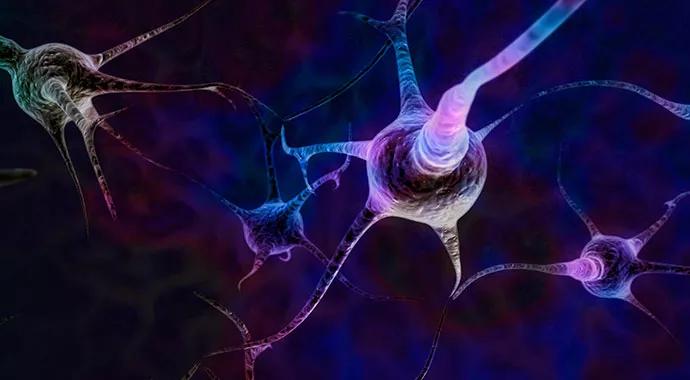
Below, Anwar Ahmed, MD, a neurologist in Cleveland Clinic’s Center for Neurological Restoration, addresses key factors in the diagnosis of Parkinson disease.
Advertisement
Cleveland Clinic is a non-profit academic medical center. Advertising on our site helps support our mission. We do not endorse non-Cleveland Clinic products or services. Policy
A: Some of the early signs of Parkinson disease (PD) are often missed or wrongly attributed to aging. It is important to be vigilant about PD’s early signs because the risk of developing PD is five times higher in people older than 65.
Signs and symptoms of early PD include:
A: Early diagnosis allows the patient to begin implementing lifestyle changes, such as an exercise regimen, that may help control PD symptoms and improve the disease’s long-term progression.
We try not to prescribe medication until symptoms interfere with quality of life. For early PD, we start with MAO-B inhibitors, dopamine agonists and other non-levodopa drugs. Levodopa, a dopamine replacement therapy, is a potent drug and should be reserved for more advanced symptoms.
A: Movement disorders centers have special expertise in PD. However, if such a center isn’t convenient, well-trained local neurologists also can perform evaluations and recommend appropriate treatment.
An expert neurologist can diagnose PD with high accuracy based on a detailed history and good neurological examination. Imaging with dopamine transporter brain SPECT (single-photon emission computerized tomography) can provide slightly greater accuracy.
Advertisement
Patients with more advanced PD or with complications from standard treatment should be referred to a movement disorders center. There, they can access the latest clinical trials as well as experts in the surgical management of PD.
To refer a patient to the Center for Neurological Restoration, call 855.REFER.123.
Advertisement
Advertisement

New study advances understanding of patient-defined goals
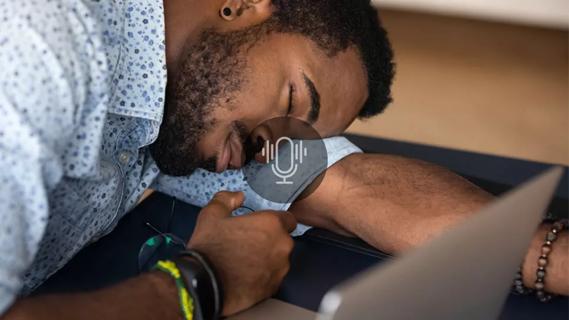
Testing options and therapies are expanding for this poorly understood sleep disorder
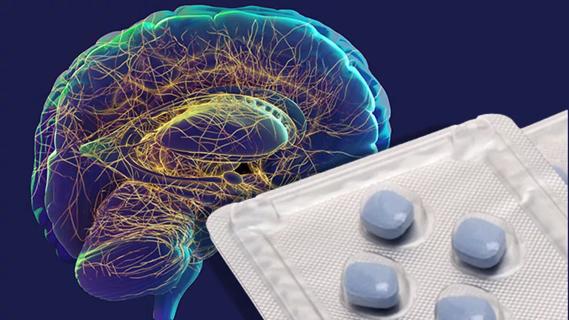
Real-world claims data and tissue culture studies set the stage for randomized clinical testing
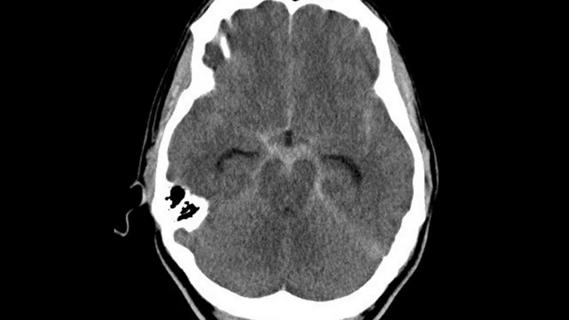
Digital subtraction angiography remains central to assessment of ‘benign’ PMSAH

Cleveland Clinic neuromuscular specialist shares insights on AI in his field and beyond
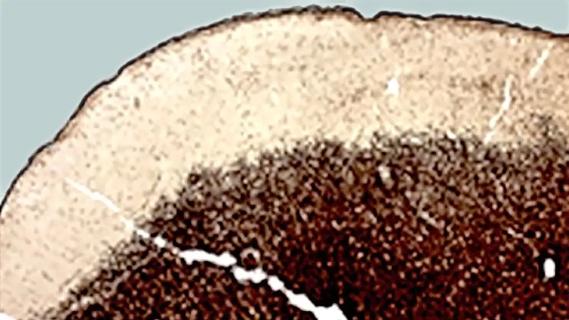
Findings challenge dogma that microglia are exclusively destructive regardless of location in brain
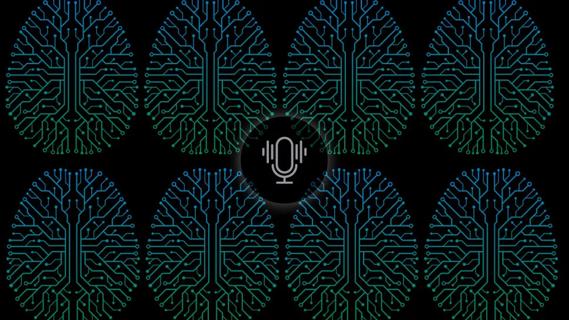
Neurology is especially well positioned for opportunities to enhance clinical care and medical training
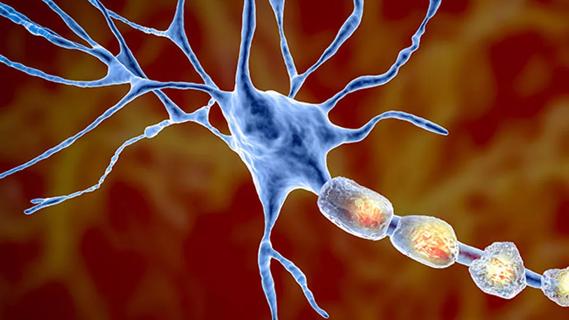
New review distills insights from studies over the past decade